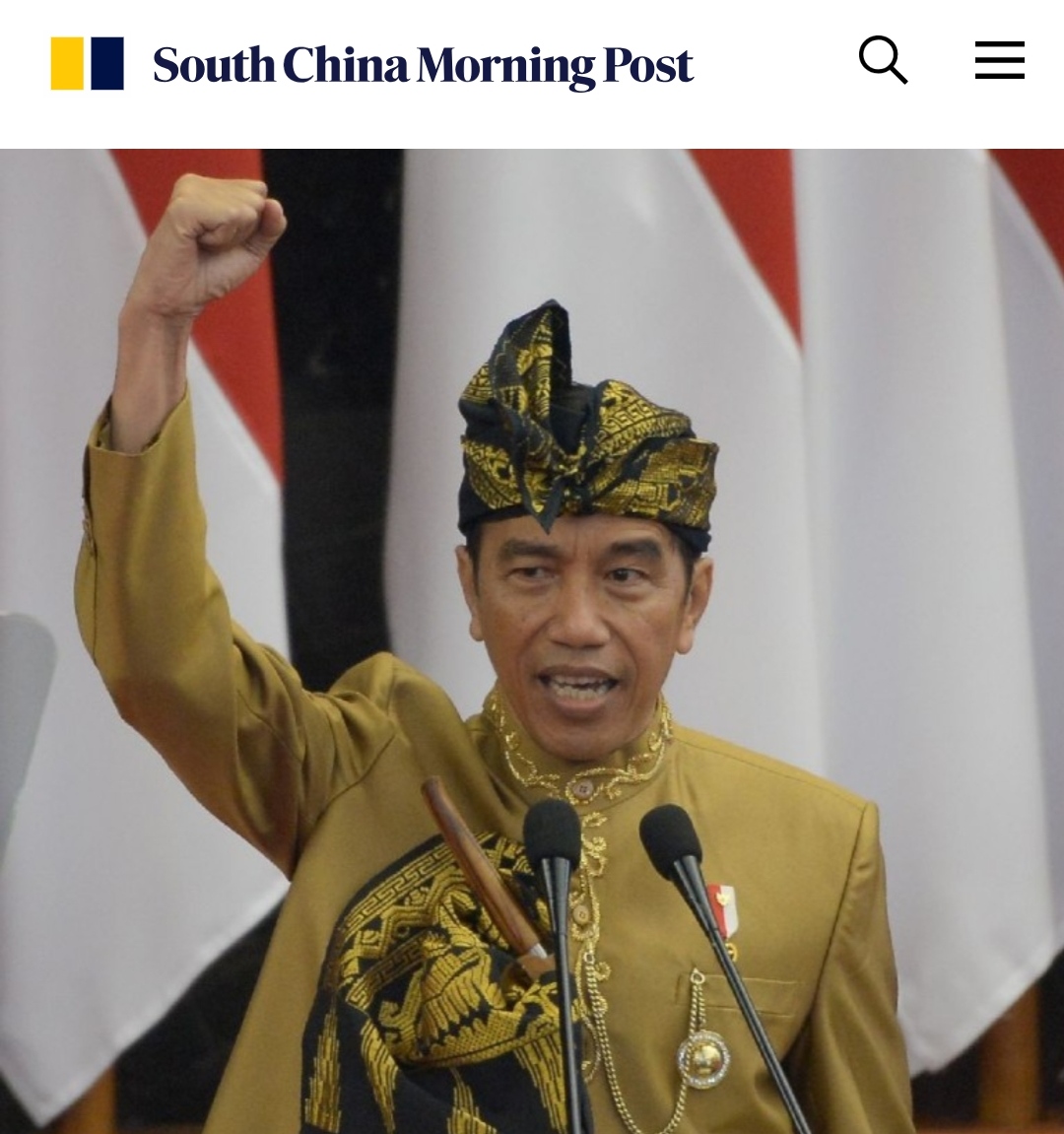The idea of economic inclusion is simple, yet sweeping: people from all social classes and walks of life should be able to participate in, and take advantage of, the expanding national economy. In return, there is greater financial stability for businesses, and society in the long run. Put even more simply, economic inclusion distributes more opportunities, more equally, to more people.
Formal players such as banks and microfinance institutions can help with public education in financial literacy so more Indonesians can fully participate in the economy, as workers, consumers and business owners. Thereafter, other characteristics of equity, growth, sustainability and stability can follow.
Fintech companies are key collaborators. Many provide online digital platforms that bolster economic inclusion. Indonesian banks are working with local fintech companies such as Amartha, KoinWorks, and Investree on peer-to-peer lending.
Read the full article on South China Morning Post.

